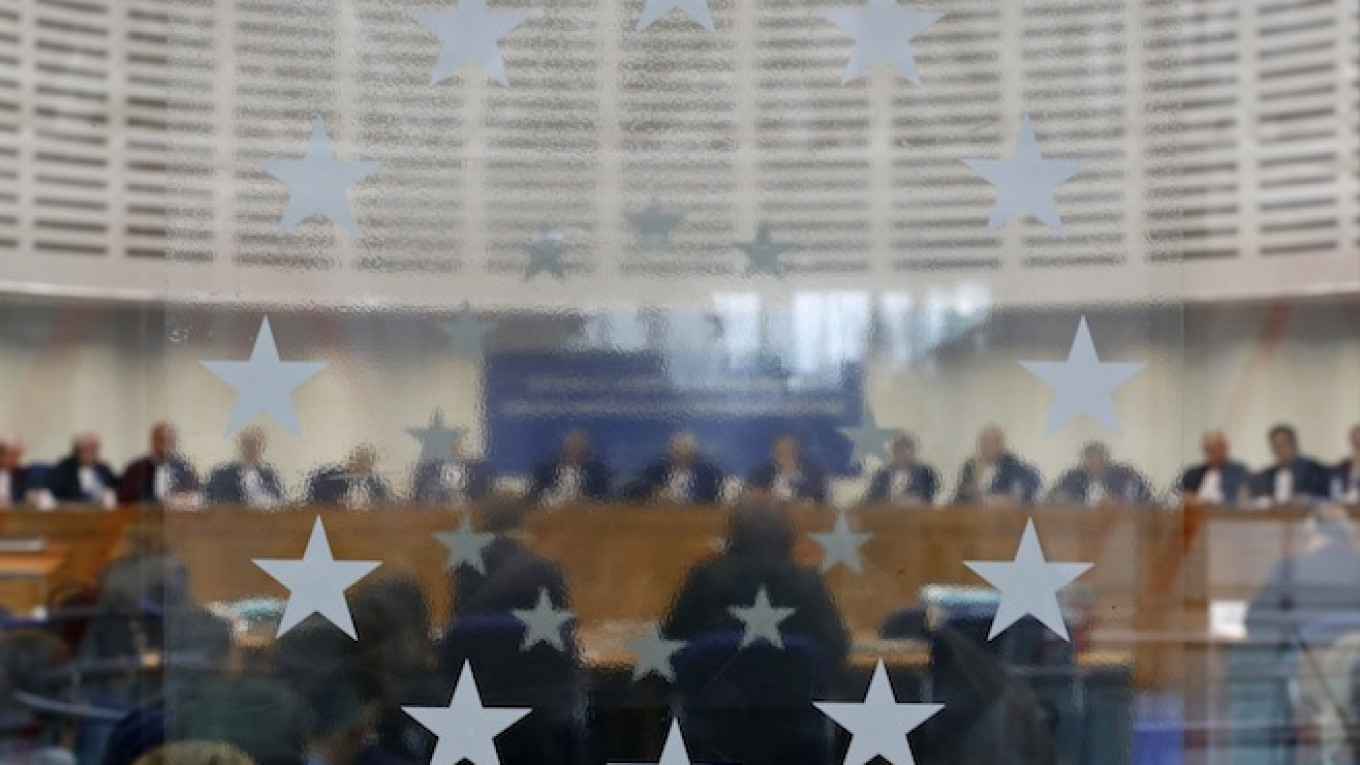A Lithuanian man who worked for the KGB when the Baltic state was part of the Soviet Union won his case against his country at the European Court of Human Rights (ECHR) on Tuesday after he claimed his KGB past had prevented him from finding further employment.
Raimundas Rainys was fired from his job as a lawyer at a telecommunications firm in 2000 after falling foul of Lithuania's KGB Act, which came into force the year before and prohibits former officers in the infamous Soviet secret police from occupying various private-sector posts, according to an ECHR press release.
Rainys, a Lithuanian national born in 1949, took his case to the ECHR in 2005 and the court ruled that banning former KGB officials from working for private companies was discrimination. Despite the ruling, Lithuania's Supreme Court later rejected Rainys' request to be reinstated to his previous position.
In the latest case brought before the ECHR, Rainys argued that his attempts to be reinstated to his position at the telecommunications company were thwarted because of the continued existence of the KGB Act in the Baltic country.
All seven ECHR judges sitting Tuesday ruled in Rainys' favor, finding Lithuania in violation of Article 14 (prohibition of discrimination) when taken in conjunction with Article 8 (right to respect for private and family life). It ruled that Lithuania should pay Rainys 6,000 euros ($6,700) in compensation in addition to covering his 2,000 euro court costs, the ECHR press release said.
Two other men, Juozas Sidabras and Kestutis Dziautas, brought similar cases against the Lithuanian state but the ECHR did not rule in their favor. The court ruled Tuesday that the men had failed to prove that their inability to find employment was because of the existence of the KGB Act.
Lithuania, a former Soviet republic, gained its independence from Moscow in 1990.
A Message from The Moscow Times:
Dear readers,
We are facing unprecedented challenges. Russia's Prosecutor General's Office has designated The Moscow Times as an "undesirable" organization, criminalizing our work and putting our staff at risk of prosecution. This follows our earlier unjust labeling as a "foreign agent."
These actions are direct attempts to silence independent journalism in Russia. The authorities claim our work "discredits the decisions of the Russian leadership." We see things differently: we strive to provide accurate, unbiased reporting on Russia.
We, the journalists of The Moscow Times, refuse to be silenced. But to continue our work, we need your help.
Your support, no matter how small, makes a world of difference. If you can, please support us monthly starting from just $2. It's quick to set up, and every contribution makes a significant impact.
By supporting The Moscow Times, you're defending open, independent journalism in the face of repression. Thank you for standing with us.
Remind me later.






